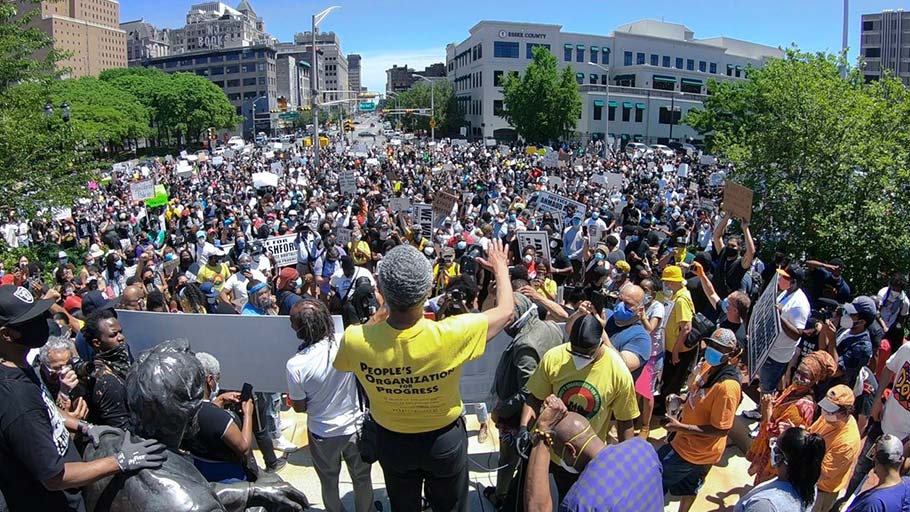
If this wave of young people are organized, registered to vote and prepared to overwhelm the ballot box in November, showing their rage in a river of discontent through politics,…

If this wave of young people are organized, registered to vote and prepared to overwhelm the ballot box in November, showing their rage in a river of discontent through politics,…
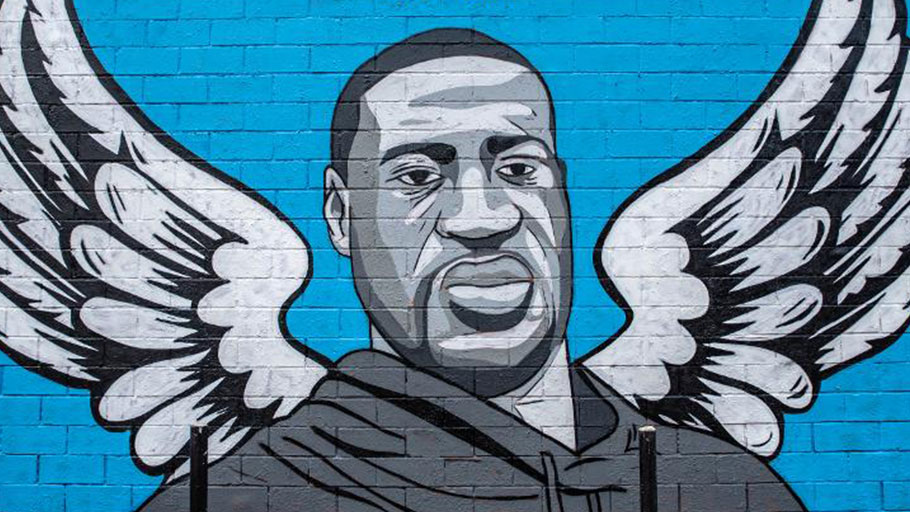
By Bashir Muhammad Akinyele — “In order for us to move forward, we must look back.” -Sankofa proverb (A saying from the Akan people of Ghana) “Black Lives Matter” -The…
Vantage Point Radio June 8, 2020 — On this pledge drive edition of Vantage Point, host Dr. Ron Daniels aka The Professor talks with guests Marc Morial and Rev. Dr….
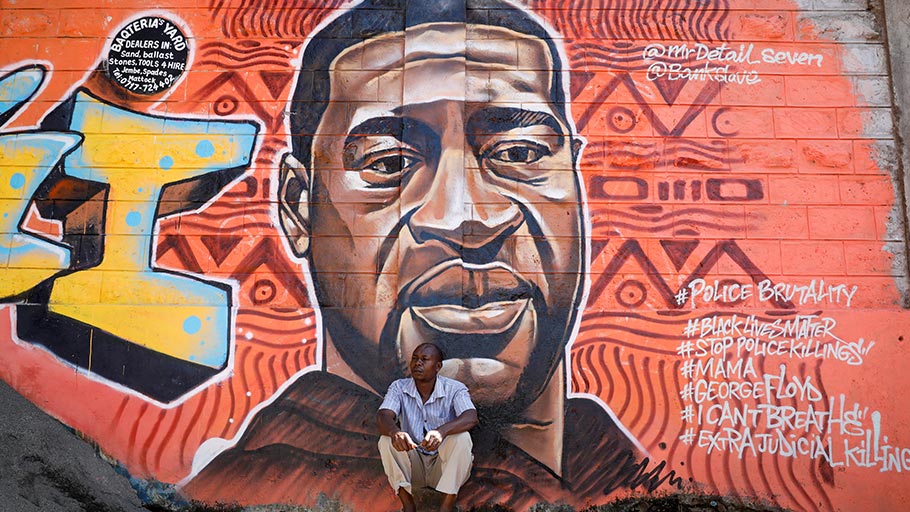
While not at the same scale as in other countries, some street protests against police brutality in the US have also emerged across Africa. By Yomi Kazeem, Quartz Africa — In Africa, the protests of George Floyd’s murder have gone beyond US embassies and the African Union. For its part, Africa’s literary community is lending its voice to amplify the calls for justice after Floyd’s killing in the hands of a…
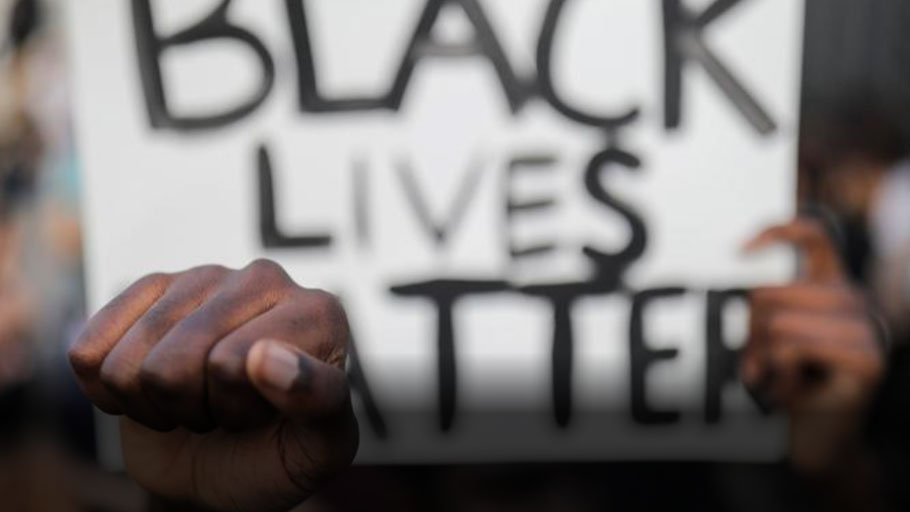
Global outrage at the killing of George Floyd expresses the abiding international conviction that the U.S.’ self-promoted image is at odds with its reality. By Akbar Shahid Ahmed, HuffPost —…
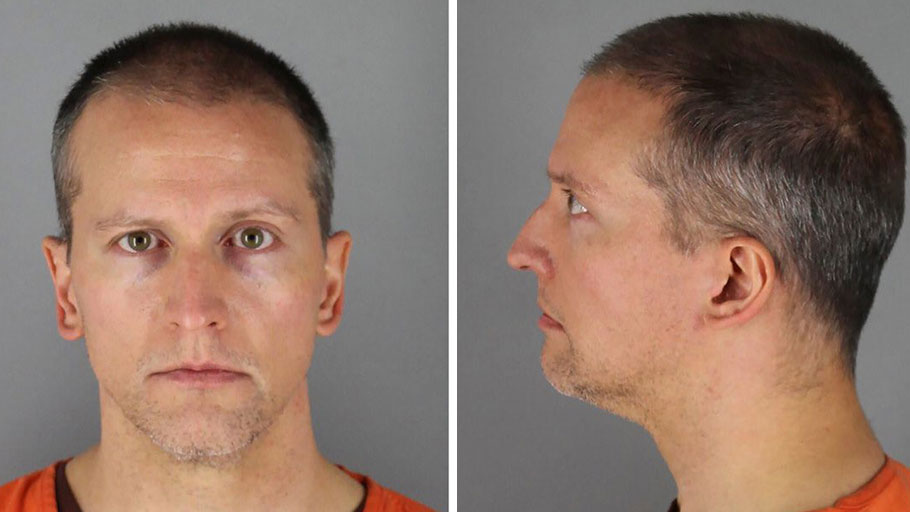
By Earl Ofari Hutchinson — On March 22, 1991, a visibly shaken and angered President George H.W. Bush said he was sickened and “outraged” by what he saw on television….
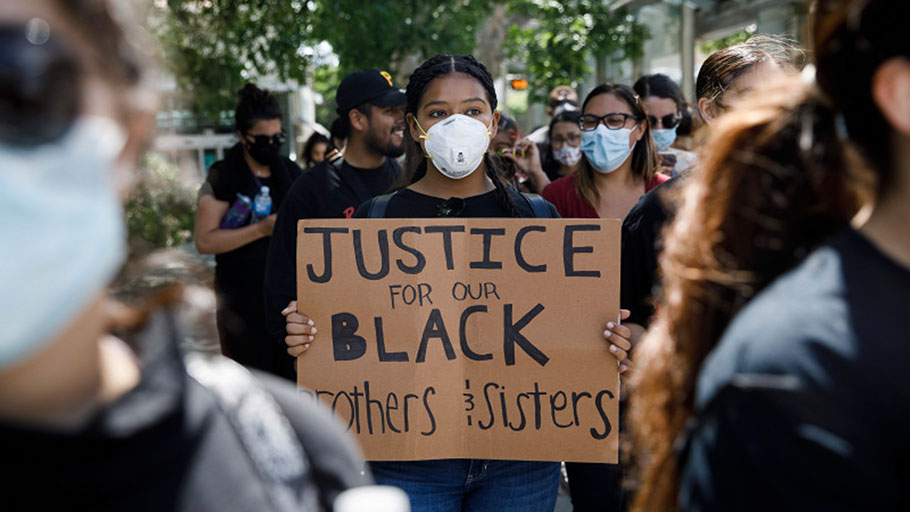
By Adria Watson, CalMatters — The anger and frustration that flooded more than 20 cities in recent days will likely put pressure on the state to conduct a thorough examination of historic and continued discrimination of African Americans — even as civil unrest continues. Although racism — both institutional and cultural — is a national stain that bleeds hundreds of years deep, some suggest California should account for its share of mistreatment….
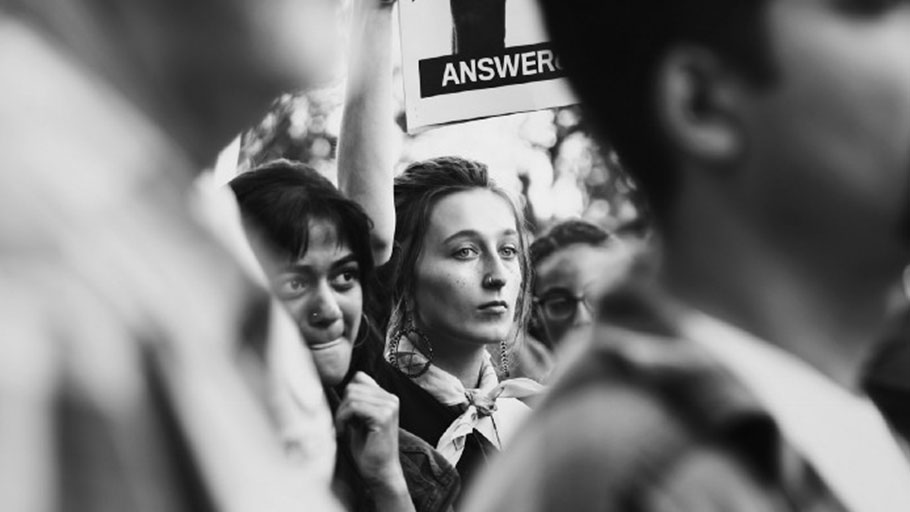
By Michael J.A. Davis — “To be a Negro in this country and to be relatively conscious is to be in a rage almost all the time. ” – James Baldwin I had trouble getting out of bed this morning. I abashedly moved my 9 o’clock meeting with my boss to give myself time to rise. I almost did what many Black folks joke about in private, yet often need…
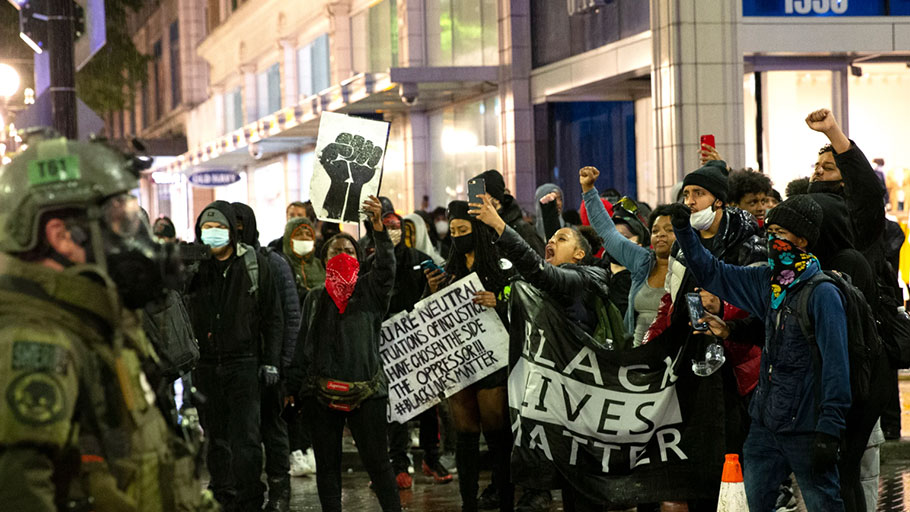
“My people are being killed.” By Sarah Emily Baum, Teen Vogue — Veteran organizers, like Nupol Kiazolu, the 19-year-old president of Black Lives Matter of Greater New York, are familiar with the ebbs and flows of a protest. She stood nose-to-nose with Nazis in Charlottesville. She’s fled law enforcement with rifle sights set on her chest. She knows it means risking her life, even before the COVID-19 pandemic ravaged the…
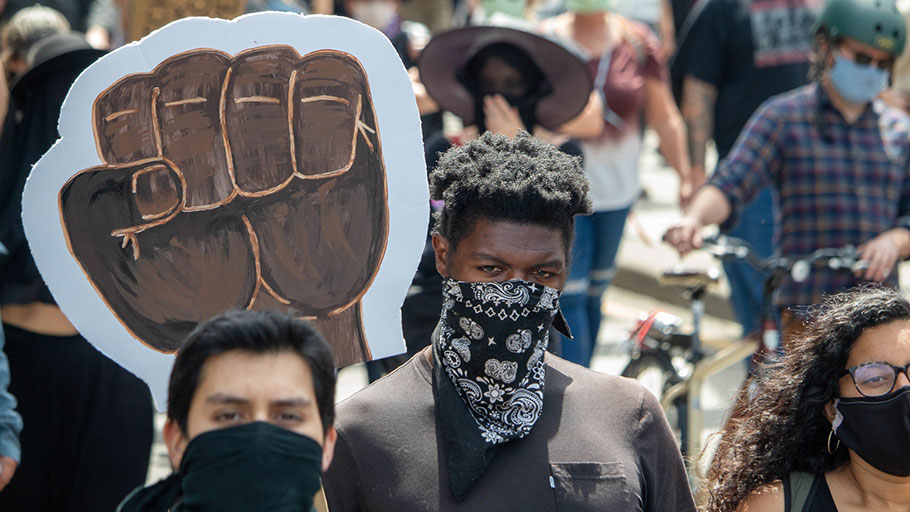
By Don Rojas — Today America is at a crossroads, a turning point…at an intersection of the old imperial order at home and abroad with the birthing of a new order, “a new normal” if you will. For millions of people in America, the unprecedented street uprisings of the past 10 days offer a glimmer of hope that after 350 years of oppression, meaningful change may actually be on the…
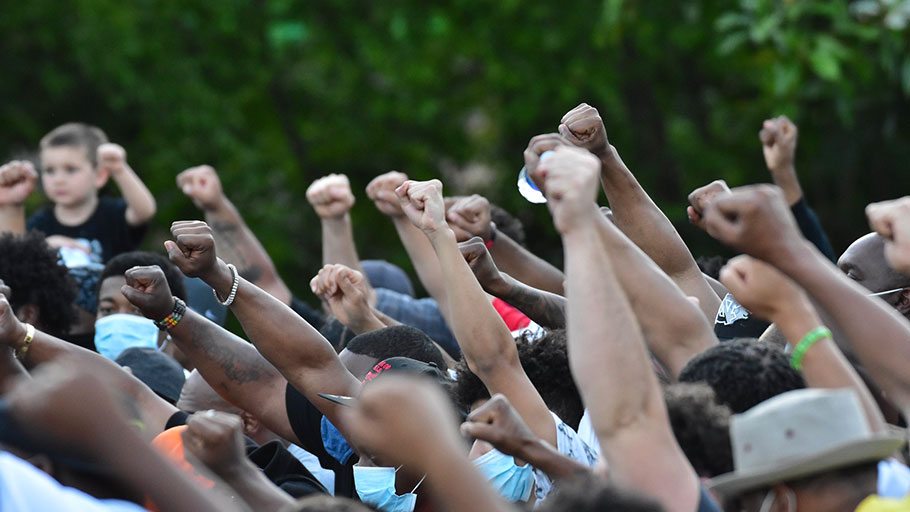
By David Abdulah, Movement for Social Justice — “It is not easy to describe a crisis so profound that it has caused the most powerful nation in the world to…
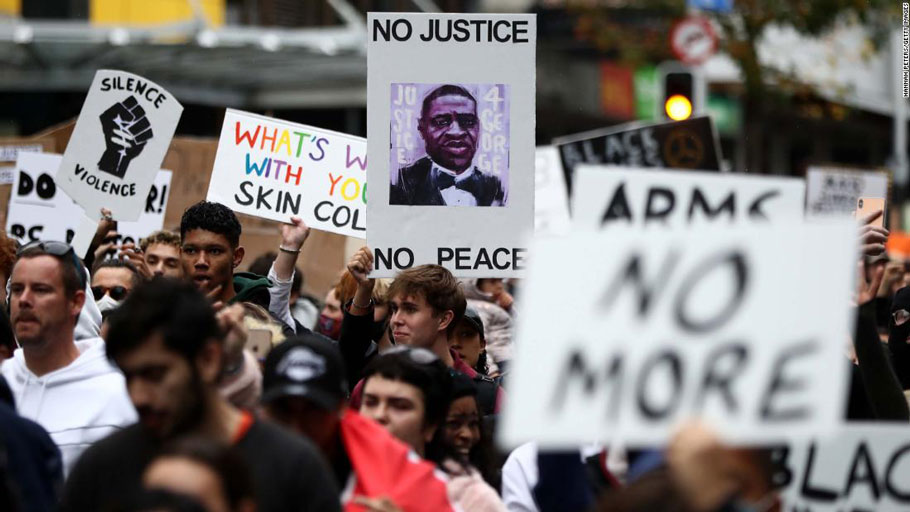
By Zamira Rahim and Rob Picheta, CNN — Protesters have marched in the US for six consecutive nights over the death of George Floyd at the hands of a police officer. Their anger over…